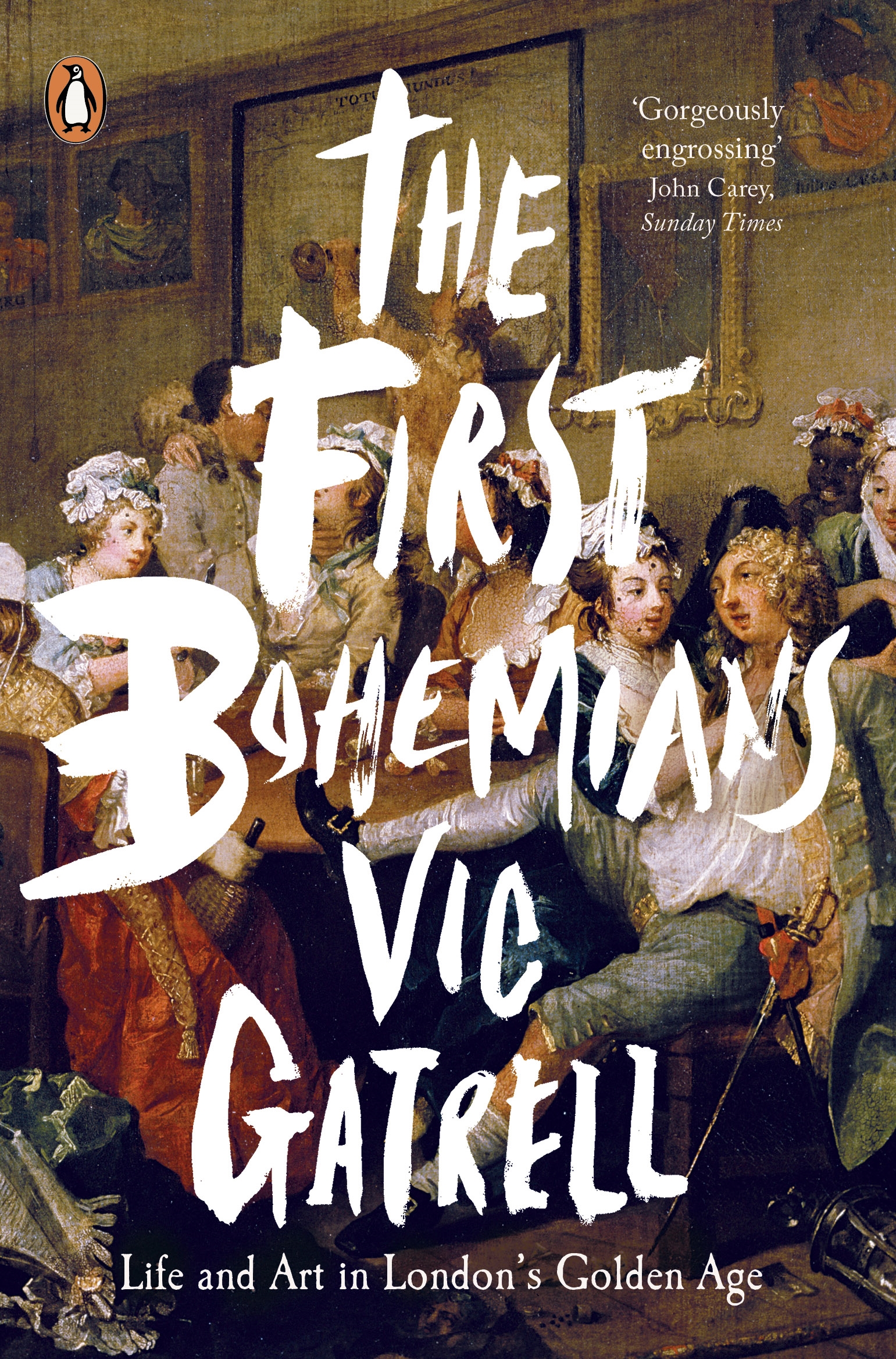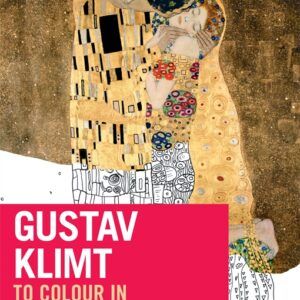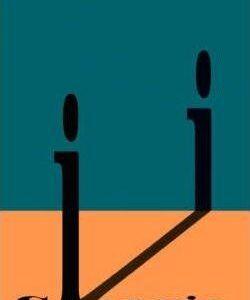The colourful, salacious and sumptuously illustrated story of Covent Garden – the creative heart of Georgian London – from Wolfson Prize-winning author Vic GatrellSHORT-LISTED FOR THE HESSELL TILTMAN PRIZE 2014In the teeming, disordered, and sexually charged square half-mile centred on London’s Covent Garden something extraordinary evolved in the 18th century. It was the world’s first creative ‘Bohemia’. The nation’s most significant artists, actors, poets, novelists, and dramatists lived here. From Soho and Leicester Square across Covent Garden’s Piazza to Drury Lane, and down from Long Acre to the Strand, they rubbed shoulders with rakes, prostitutes, market people, craftsmen, and shopkeepers. It was an often brutal world full of criminality, poverty and feuds, but also of high spirits, and was as culturally creative as any other in history. Virtually everything that we associate with Georgian culture was produced here.Vic Gatrell’s spectacular new book recreates this time and place by drawing on a vast range of sources, showing the deepening fascination with ‘real life’ that resulted in the work of artists like Hogarth, Blake, and Rowlandson, or in great literary works like The Beggar’s Opera and Moll Flanders. The First Bohemians is illustrated by over two hundred extraordinary pictures, many rarely seen, for Gatrell celebrates above all one of the most fertile eras in Britain’s artistic history. He writes about Joshua Reynolds and J. M. W. Turner as well as the forgotten figures who contributed to what was a true golden age: the men and women who briefly dazzled their contemporaries before being destroyed – or made – by this magical but also ferocious world.About the author:Vic Gatrell’s last book, City of Laughter, won both the Wolfson Prize for History and the PEN Hessell-Tiltman Prize; his The Hanging Tree won the Whitfield Prize of the Royal Historical Society. He is a Life Fellow of Caius College, Cambridge.]]>
Sale!
First Bohemians
₹1,111.00
Life and Art in London’s Golden Age
This book is currently not in stock. You are pre-ordering this book.




